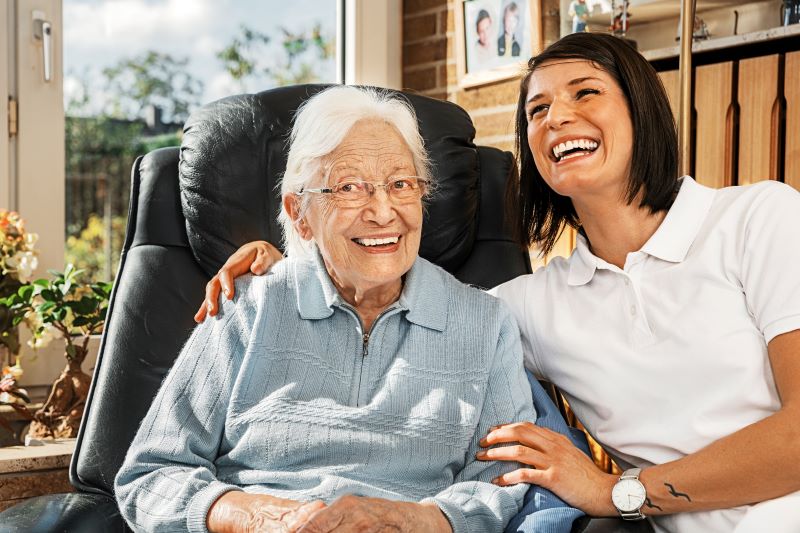- 5 Star Home Care COVID-19 Update PLEASE CLICK HERE
Early signs of Alzheimer’s and how to slow its onset
Staying active as a senior
August 22, 2018Fall-proofing a loved one’s home
August 24, 2018Alzheimer’s is a scary and uncertain disease that over 5.5 million people in America have been diagnosed with. There are a vast majority of causes for the disease, and usually develops as a result of a combination of lifestyle factors among elderly people. Once the early signs of the disease are identified, there are many things that can be done to slow its progress over the next several years.
The most common signs of Alzheimer’s are memory loss, difficulty completing once easy tasks, confusion, disorientation, trouble understanding spatial relationships, difficulty with speaking or writing, misplacing things, poor decision-making and changes in mood. While the majority of people with the Alzheimer’s are older than 65, about five percent of people with the disease begin developing symptoms before that age, with some as young as 40 or 50.
The rate at which dementia progresses depends on the person. In the early stages of the disease, and individual can still drive, do most familiar activities and partake in normal social activity. However, mild expressions of symptoms can include having trouble finding the right word or difficulty with short-term memory and concentration. A doctor can likely identify the onset of the disease after an evaluation.
Middle stages of the disease will begin to show deeper memory loss, including of one’s own personal history, frustration, disorientation and needing help with some common tasks, such as getting dressed. At this stage, an individual might need help from an caretaker in Philadelphia to complete some more difficult tasks. However, they should still be able to remember significant details and complete simple tasks.
The late stages of dementia require an individual to have constant care and attention. At this stage, the individual will likely need significant help with their daily activities and likely require an elder care specialist in Philadelphia. Making sure a loved one suffering from the disease is safe and comfortable is the most important thing to do at this stage, so make any necessary living arrangements for them once they begin showing signs of being in the late stages of the disease.
An individual has the best chance of slowing the disease when is in its earliest stages. Lifestyle changes like reducing sugar and salt, good nutrition, routine exercise, quitting smoking, getting adequate sleep and reducing stress can all help slow the onset of the disease. Even if an elderly loved one is not experiencing any signs of Alzheimer’s or dementia, consider helping them adopt healthier habits to reduce their risk of the disease. While there is currently no cure for the disease, current treatments can help slow its progress and make life easier for those suffering with it and their caretakers.



